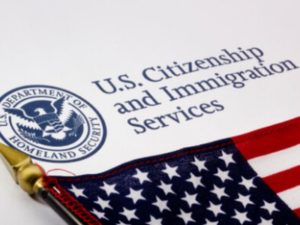In the EB-5 Reform and Integrity Act of 2022 (“RIA”), the term “rural area” is used to identify locations that are eligible for the lower investment threshold of US$800,000 rather than the base investment amount of US$1,050,000. It is designed to promote investment in infrastructure, development, and economic growth in less populated areas
According to the RIA, a “rural area” is any place that is:
- Not in a Metropolitan Statistical Area (“MSA”): According to the Director of the Office of Management and Budget, areas that might be otherwise be considered “rural” but are within the geographic area of a “MSA”, are ineligible for the rural area designation.
- Beyond the limits of towns or cities with 20,000 or more residents: An urban area is defined as the outside limit of any city or town with 20,000 or more residents.
This concept is important to encourage investment in rural communities that face challenges like lower population densities, restricted access to services, and fewer economic prospects in attracting the economic assistance they need. In adding rural areas to the EB-5 program, Congress hopes to drive investment to these areas which can benefit from this and other programs designed to address their particular needs.
If you have question about the EB-5 visa, contact us at info@enterlinepartners.com.
ENTERLINE & PARTNERS CONSULTING
Ho Chi Minh City, Vietnam Office
146C7 Nguyen Van Huong St, Thao Dien Ward,
District 2, Thu Duc City
Ho Chi Minh City, Vietnam
Tel: +84 933 301 488
Email: info@enterlinepartners.com
Facebook: Enterline & Partners – Dịch vụ Thị thực và Định cư Hoa Kỳ
YouTube: @EnterlineAndPartnersConsulting
Website: https://enterlinepartners.com
Manila, Philippines Office
LKG Tower 37th Floor
6801 Ayala Avenue
Makati City, Philippines 1226
Tel: +63 917 543 7926
Email: info@enterlinepartners.com
Facebook: Enterline and Partners Philippines
Website: https://enterlinepartners.com/en/home/
Copyright 2025. This article is for information purposes only and does not constitute legal advice. This article may be changed with or without notice. The opinions expressed in this article are those of Enterline and Partners only.




